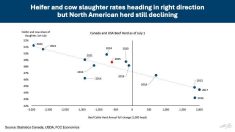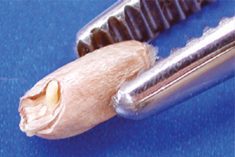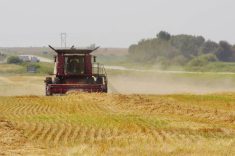Legislation giving farmers the right to load their own grain into rail cars was introduced in May 1902 as an amendment to the Manitoba Grain Act of 1900, after it became apparent elevator companies and the railways conspired to prevent farmers loading cars themselves. The amendment introduced the “Car Order Book” – allocating cars on a first-come, first-served basis.
The Canadian Pacific Railway ignored the law, spotting seven cars for platform loading at Sintaluta, Sask., while the elevators in town received 60. The Territorial Grain Growers’ Association, representing farmers, took the CPR to court and won, enshrining farmers’ right to receive and load cars themselves.
Read Also

Canadian Cattle Association names Brocklebank CEO
Andrea Brocklebank will take over as chief executive officer of the Canadian Cattle Association effective March 1.
The demand for producer cars peaked at more than 51,000 in 1912-13. Increased grain company competition stemming from the rise of the farmer-owned grain cooperatives and expanding railway branch lines saw the demand for producer cars almost disappear. By 1942-43 less than one per cent of Canada’s grain was transported in producer cars.
Producer cars remained all but dormant until 1977-78 when elevator companies, congested with non-board feed grain, encouraged farmers to use them. Changes were made to relieve the congestion, but soon after farmers began shipping canola in producer cars, taking advantage of higher port canola cash prices caused by glitches in the futures market and handling and transportation system.
Almost all the grain shipped in producer cars these days is for the Canadian Wheat Board, which will authorize port delivery. Almost no non-board crops are shipped in producer cars. Since grain companies earn revenue moving grain through their country elevators, it is presumed they would discourage producer cars by declining to take delivery at port or paying farmers less.

















